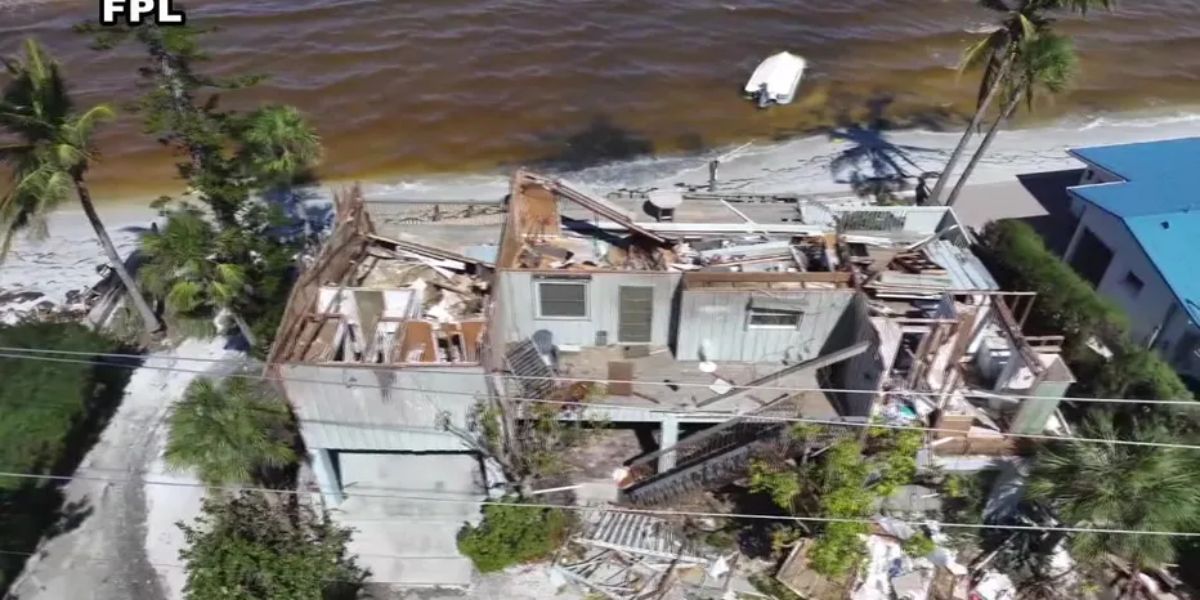Senators from Wisconsin and Iowa rejoice over the successful approval of a bill aimed at enhancing internet access in rural areas.
The U.S. Senate has unanimously approved a measure aimed at improving internet access for rural Americans by simplifying regulations for smaller broadband providers.
The ACCESS Rural America Act, with bipartisan support from U.S. Senators Tammy Baldwin and Joni Ernst, aims to relieve small telecommunications companies in rural regions from specific public registration and reporting obligations to the federal Securities and Exchange Commission.
“Registration and reporting requirements intended for larger, publicly-traded firms pose significant challenges for, and can impose substantial burdens on, smaller, locally-owned companies with limited resources,” said Shirley Bloomfield, CEO of NTCA–The Rural Broadband Association, which celebrated the bill’s passage.
“NTCA therefore greatly appreciates the leadership of Senators Baldwin, Ernst, and others in introducing and passing the ‘ACCESS Rural America Act,’ which will help relieve these burdens and enable small providers to focus more on their core mission of deploying and operating advanced broadband networks in rural areas.”

Baldwin emphasized on Thursday that lowering regulatory expenses and eliminating unnecessary bureaucracy for smaller providers is crucial to keeping them afloat and ensuring rural communities maintain access to broadband internet.
“Access to high-speed internet is no longer a luxury – it’s a necessity for Wisconsinites to work, attend school online, run their businesses, manage their farms, and connect with people across the world,” Baldwin said.
“For too long, small local providers, often in our rural areas, got caught up in burdensome regulations and it stopped them from reaching more people. My bipartisan bill cuts red tape for our small broadband providers and helps them expand reliable, affordable internet to more families and small businesses across Wisconsin,” he added.
In 2024, the American Society of Civil Engineers assigned a C- grade to the broadband internet infrastructure in Wisconsin, highlighting that 5.4% of locations, primarily in rural regions, are lacking adequate broadband access or experiencing subpar connectivity speeds.


 by
by 

